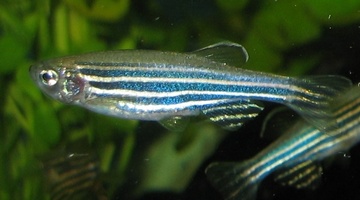What does Dr Love think is the 'new dawn' for biological research?
Transcript
Stratford High School How many of those [3,000 million] base pairs code for proteins?
Dr Love Auckland University It’s an interesting question that in some part might not be relevant. I mention that in all sincerity. The concept of a gene to me is a difficult one. It’s a moveable feast. I’m still not clear what it is. But you could say in the human genome that 5% of the entire 3,000 megabases is coding, is exons.
But you might be missing the plot. Don’t be fussed over how much is encoding. There is a lot of information there that we don’t know about. And I think we’ve been fussing about solar systems and have forgotten about the universe.
For me, there’s a lot of coding information expressed by the genome that we don’t know about which has got nothing to do with exons. The programme itself in terms of the gene expression is more than just the exons. It’s the network of expression and that need not necessarily lie in just exons. It could be intron information and in intergenic sequences.
You are sitting on a new dawn, if you like, the Biological Revolution. That is, we’re now revealing a level of complexity we thought never existed. We thought it was bog simple – that most of the genome is crap, you’ve only got 5% that is coding, and that is all you need to worry about. It’s not right. In fact we should be worrying about the rest. And the rest is where you’re going. We don’t know such a great deal - which is fun.


